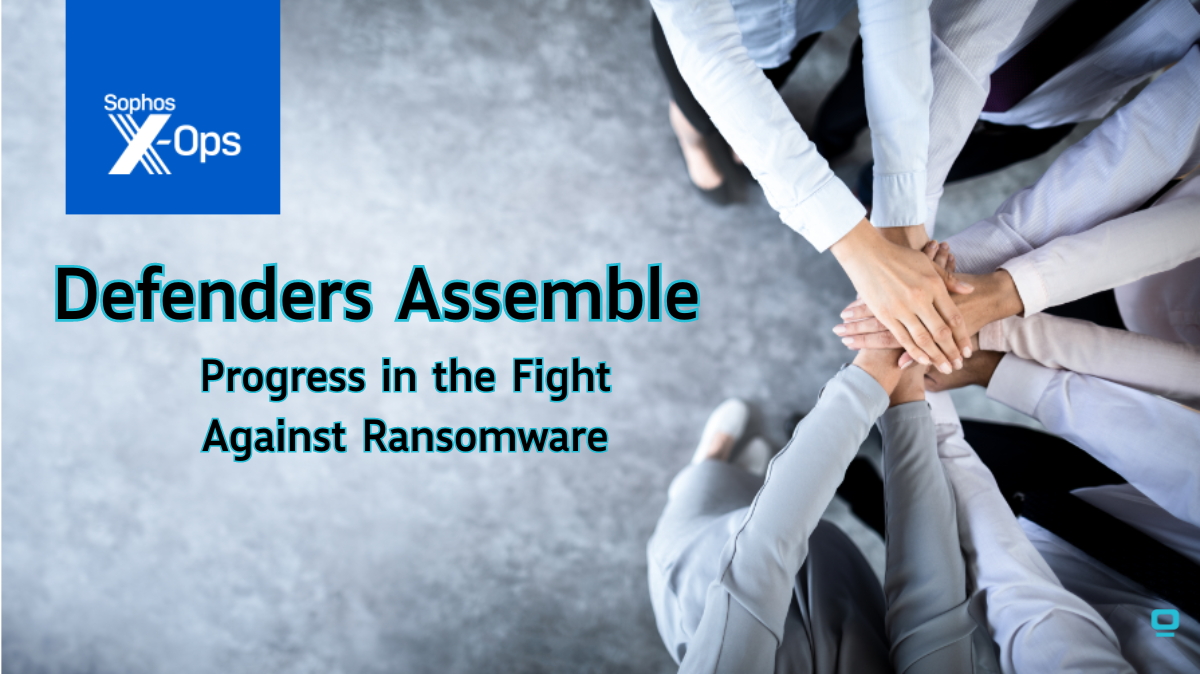
Defenders Assemble: Progress in the Fight Against Ransomware
A New Era of Collaboration in Cybersecurity
Ransomware is a menace that has terrorized businesses, governments, and individuals for years. But new research indicates a glimmer of hope. By strengthening public-private alliances and improving response strategies, we may be turning the tide against this ever-evolving threat. At Cyfer Tech, we’re excited to share the latest developments and discuss the crucial steps that have helped pave the way for this progress.
Building Trust and Breaking Barriers
Historically, victims of ransomware faced harsh criticism and public shaming for their perceived “failures.” This victim-blaming culture often resulted in the underreporting of incidents, preventing law enforcement from understanding the full scope of the problem. Fear of reputational damage, stock price drops, and fatalistic attitudes further contributed to the silence.
However, regulatory efforts, such as the SEC’s latest guidance and the upcoming CIRCIA (Cyber Incident Reporting for Critical Infrastructure Act) rules from CISA, are changing the narrative. These initiatives encourage organizations to report cyber incidents, reducing stigma and increasing support for victims.
The recent Sophos State of Ransomware survey reveals a remarkable shift: 98% of US organizations attacked by ransomware reported the incident to law enforcement or government regulators. Out of those, 65% received investigative help, and 63% received advice or assistance in recovering encrypted or stolen data. Despite this progress, 11% found it challenging to engage with law enforcement due to chaos during incident response or a lack of preparation.
Reinforcing Our Defenses
While the cooperation between victims and authorities is improving, significant challenges remain. Most organizations still struggle with prevention and deterrence, with exposed and unpatched vulnerabilities serving as gateways for attackers. In the “Sophos Active Adversary Report for H1 2024,” they found that in almost one-sixth of ransomware incidents, attackers exploited known vulnerabilities. Additionally, multifactor authentication (MFA), despite its proven effectiveness, is not widely deployed in small and mid-sized organizations. Stolen credentials were responsible for 56% of breaches in the 2023 data.
To address these issues, we need a comprehensive approach involving improved incident response planning, better communication with law enforcement, and increased public awareness of security risks.
Taking Action: A Roadmap for Success
Here are the key strategies we believe will drive further progress against ransomware:
- Leverage Data to Empower Law Enforcement: By demonstrating high levels of reporting, Sophos can advocate for dedicated ransomware-trained police investigators to expand efforts to dismantle criminal networks. Successful operations like QakBot, ALPHV/BlackCat, and LockBit disruptions show that concerted efforts can undermine ransomware infrastructure.
- Enhance Security Practices: Organizations must adopt a proactive stance toward security, patching vulnerabilities, and deploying MFA. CISA’s “Secure by Design” initiative aims to encourage software vendors to create more secure products and ensure frictionless updates, reducing the need for constant user intervention.
- Simplify Updates and Improve User Experience: Automatic security updates, like modern browsers, are essential. At Cyfer Tech, we use products with automatic emergency security fixes and continuous monitoring to reduce risks.
- Increase Accountability for Private Data: Organizations must prioritize data protection and assess security risks related to stolen credentials and unpatched internet-facing equipment. CISA’s beta program for vulnerability scanning is a step in the right direction, providing a resource for organizations to identify and address security gaps.
- Combat Cryptocurrency Abuse: Aggressive action against bitcoin mixers and tumblers is crucial to disrupt the ransomware money trail. The traceability of Bitcoin offers an opportunity to curb illicit cash flow if regulatory efforts can be applied globally.
Moving Forward with Determination
Though progress is being made, there’s no room for complacency. The battle against ransomware requires coordinated efforts across international boundaries, public and private sectors, and a commitment to constant improvement. By cutting off funding, dismantling criminal networks, enhancing our defenses, and cooperating globally, we can continue to make headway in the fight against ransomware.
The path ahead is challenging, but the stakes couldn’t be higher. Let’s unite and take action. The time to act is now.
